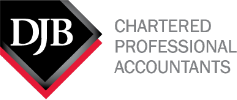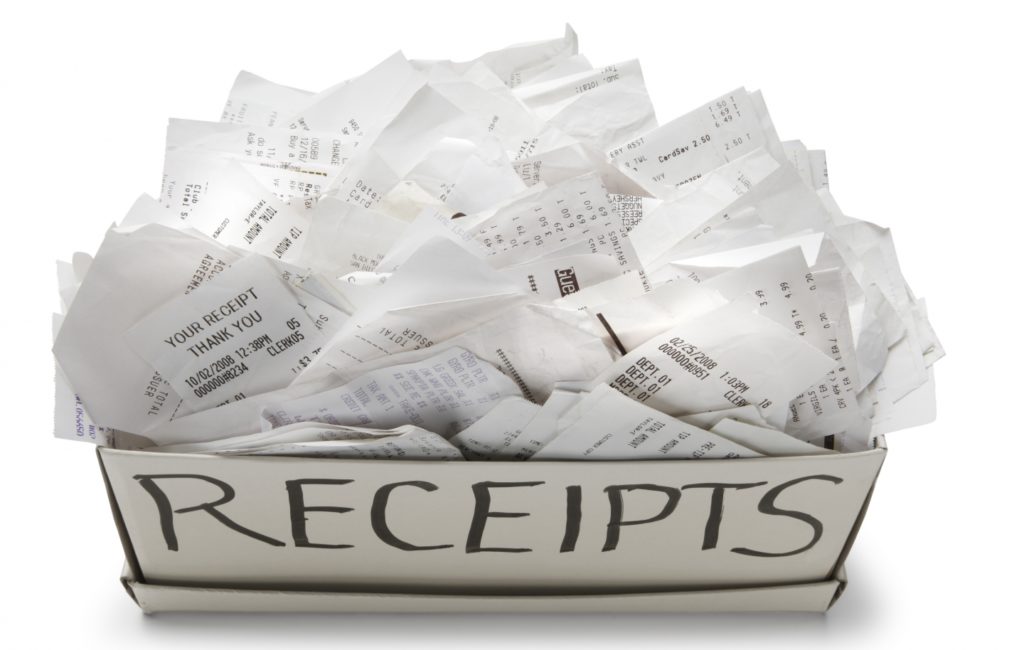
Common GST/HST Audit Issues in 2025
Posted on June 23rd, 2025 in Commodity Tax (HST), Domestic Tax

GST/HST (Commodity Tax) remains complex and can lead to audits or penalties if not handled by knowledgeable professionals. These are the most frequent audit red flags we see:
- Claiming Input Tax Credits (ITCs) without Proper Documentation
- Ensure vendor invoices include a valid GST/HST number. Request corrections if missing.
- Credit card statements alone are not acceptable proof.
- CRA does not permit amending returns solely to claim additional ITCs—missed amounts must be added to a future return.
- Invoices Made Out to the Wrong Entity
- ITCs cannot be claimed by an operating company using a holding company’s invoice.
- Intercompany Transactions: Section 156 Elections & Form RC4616
- A controlling interest alone doesn’t qualify. A 90% ownership threshold (parent/sub relationship) is typically required.
- Claiming ITCs for Exempt Revenue
- No ITCs can be claimed on expenses related to exempt supplies (e.g. residential rent, financial services).
- Self-Assessment Errors on Real Estate Acquisitions
- Scenario A (commercial use): Full ITCs may apply; failure to self-assess could lead to interest reassessment by CRA.
- Scenario B (exempt use): No ITCs allowed, and HST is owed. Omitting self-assessment still results in interest/penalties.
- Overclaiming ITCs on Meals, Entertainment, and Passenger Vehicles
- Meals and entertainment expenses: Only 50% of ITCs are eligible.
- Passenger vehicles: ITCs capped at GST/HST on a $38,000 capital cost (up from $37,000).
- Failure to Charge GST/HST on Asset Sales
- Businesses must charge GST/HST when disposing of commercial-use assets.
- Updated Invoice Requirements for ITCs
- Thresholds for invoice detail requirements increased to $100 and $500 depending on expense type.
Important Notes Related to Electronic Filing and Correspondence:
All registrants are required to file GST/HST returns electronically for periods starting in 2024 and onward. The CRA now defaults to online communications via My Business Account for registrant correspondence. Ensure contact information is up to date.
If your business is faced with a Commodity Tax audit, we can help. Please contact one of our taxation specialists.
Have any questions?
Drop us a line, we look forward to hearing from you.







